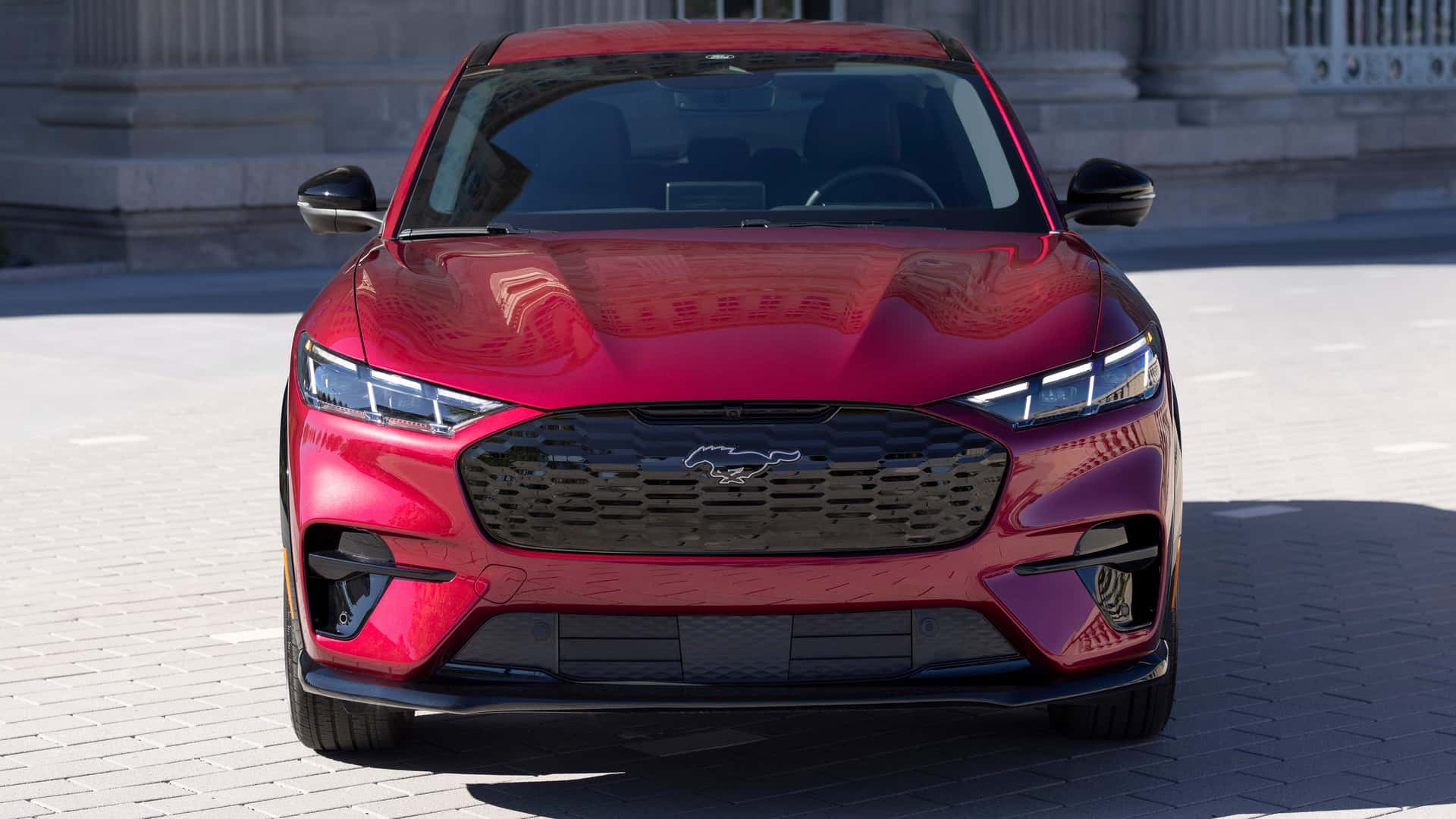
"But LFP batteries are not perfect. While they can safely be charged to 100% over and over again without much capacity loss, they're also less energy-dense than NMC cells and suffer in cold climates. In other words, an LFP pack with the same footprint as an NMC one will offer less driving range and you might have issues fast charging in extreme cold when the preconditioning system didn't get to do its job."
"China has long been the global champion of this type of battery, and its companies have an overwhelming grip on LFP supply chains. But America is gearing up for an LFP revolution. Car companies like Ford, General Motors and Rivian, along with battery suppliers such as LG Energy Solution and SK On, are pouring billions of dollars into new battery-making facilities."
Lithium iron phosphate (LFP) batteries offer lower manufacturing cost, superior durability, and slower capacity degradation than most nickel-manganese-cobalt (NMC) lithium-ion cells. LFP cells have lower energy density and reduced fast-charging performance in extreme cold, which can decrease driving range for packs with identical footprints. China dominates LFP production and supply chains, while the United States is investing heavily in domestic LFP manufacturing through automakers and battery suppliers. LFP adoption can reduce EV build costs and improve profitability, making LFP attractive for drivers with typical daily ranges under 100 miles. Current U.S. availability is limited but expanding.
Read at InsideEVs
Unable to calculate read time
Collection
[
|
...
]